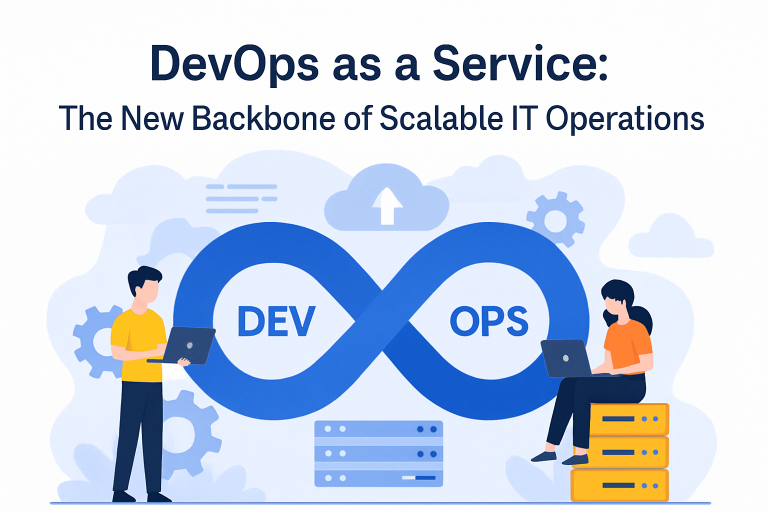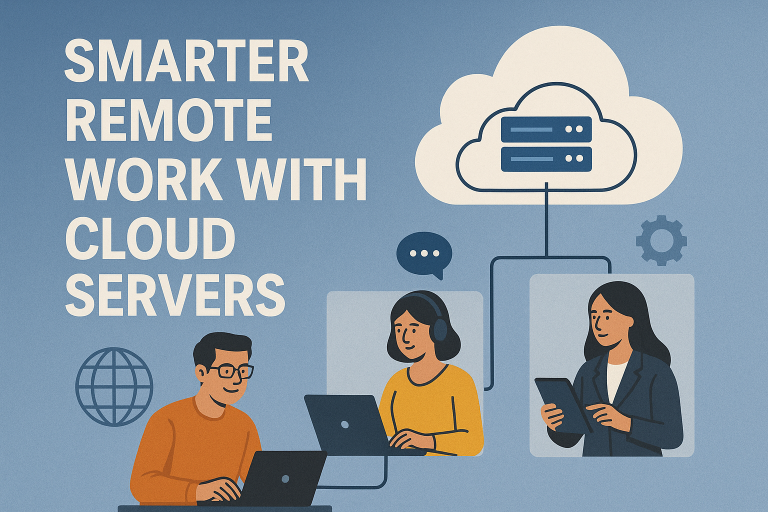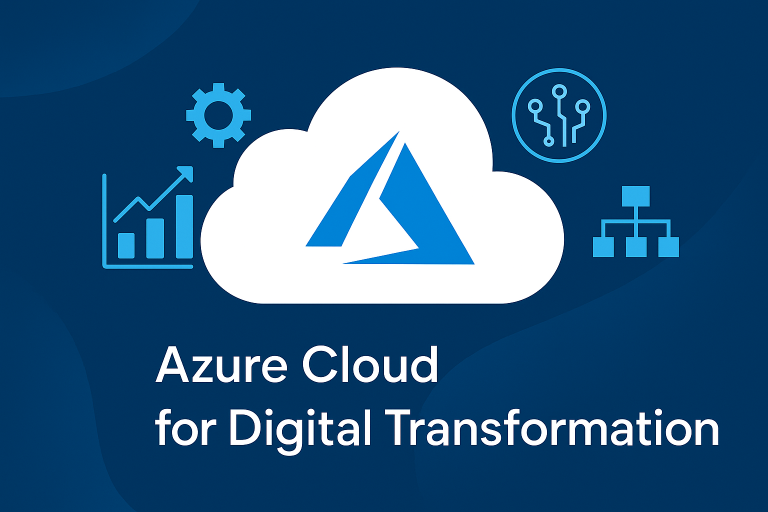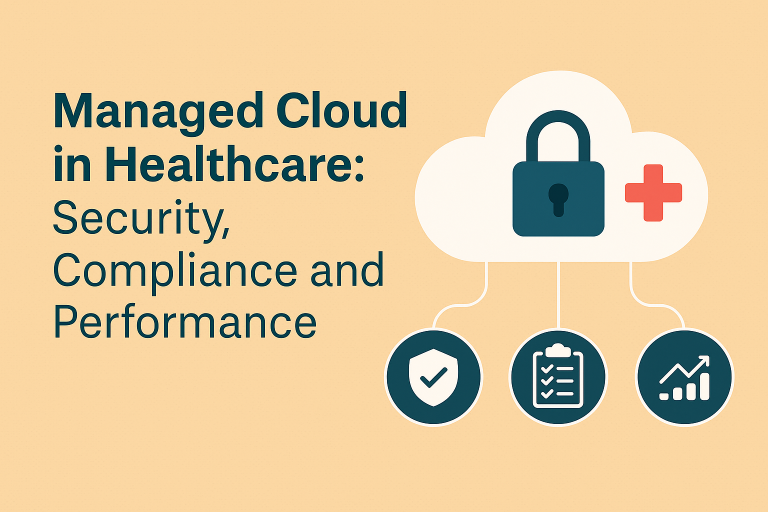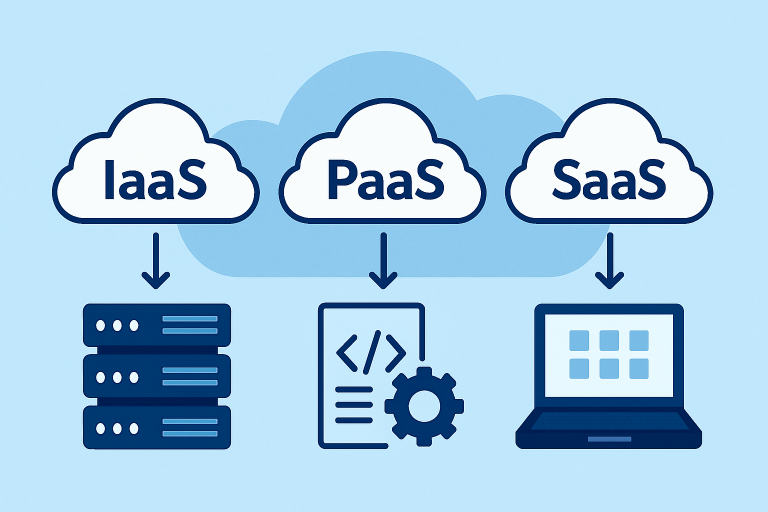
In this era of globalization, several universities, colleges, and other learning institutions offer online courses to be reachable to a greater mass. Moreover, the pandemic situation has fueled this trend. As a result, after the pandemic, more educational institutions are keen to offer virtual classes. Online courses and virtual classrooms have significantly changed the education industry. Therefore, institutions need a suitable infrastructure to develop an online classroom environment. In addition, even regular classroom learning can be more engaging and effective using the latest learning technologies. Consequently, institutes put learning techniques, equipment, and software in place to establish an infrastructure, manage and maintain it, and look for modern facilities to make learning more effective with the help of Managed IT Services for Education.
Importance of digital infrastructure in higher education institutions
In this virtual learning environment, digital infrastructure is one of the most vital components. Furthermore, by implementing a cloud environment, educational organizations can leverage modern technologies. To ensure engaging and effective learning experiences, higher education institutions have to rely heavily on a variety of technologies. With this in mind, digital infrastructure allows organizations to better serve their students. For example, here are some vital digital assets that can facilitate the educational sector.
> Applications to facilitate remote learning
> Audio-Visual equipment for virtual call rooms
> Tracking tools for schedules, students, and staff
> Security systems that can be remotely monitored
> Voice over Internet Protocol (VoIP) communications
> Facilities that can support student learning via technology
> Productivity tools for document creation and task management
As technology continues to evolve, institutions must continue to invest in digital infrastructure and its upgradation, maintenance, and management to remain competitive and meet the needs of the end-users.
How an MSP can support educational institutes
Professionals of managed IT services play a vital role in supporting educational institutes and continuing their online teaching services. Outsourced IT solutions for educational institutions can take this virtual learning practice to a whole new level. When you need to maintain an online classroom environment for your regular courses, you cannot afford technical difficulties or downtimes—students will not be able to access their classes.
Many institutes running a hybrid (online & offline) learning environment can enhance their education systems with Managed IT Services for Education. An MSP specialized in the distinct needs of educational facilities can provide significant benefits.
Enhanced IT Capabilities:
Managed service providers can bring a higher level of IT expertise and experience to a higher education institution’s IT department. They can help manage and maintain the institution’s IT infrastructure, including servers, networks, and cloud computing resources. With improved IT performance, faster issue resolution, and reduced downtime, the institution’s internal IT team can focus more on strategic initiatives.
Increased Flexibility:
MSPs can provide higher education institutions with the flexibility to scale their IT services up or down as needed without investing in additional infrastructure or staff. Managed IT Services for Education provide institutions the ability to scale IT infrastructure without investing in additional resources, which is beneficial during growth or budget constraints.
Improved Accessibility:
Managed service providers can help make IT resources more accessible to students, faculty, and staff by providing remote access to resources, cloud-based applications, and other tools.
Remote IT Support facility:
Every learner may not be equally tech-educated. So, a managed service provider can offer logistics support to those learners remotely to prepare their learning facility from a hardware and software perspective. An MSP can also procure and manage licensing and VPN connections. This will ensure the end users have 24/7 access to a secure and reliable network.
Improve communication:
In vertical learning, clear communication is essential. MSP can provide a centralized platform for communication and collaboration, such as a shared messaging or video conferencing system. This can help instructors and learners to work together more effectively, even from different locations.
Access to collaboration tools:
MSPs can provide access to collaboration tools, such as project management software or document-sharing platforms. These tools can help to work together more efficiently and effectively, improving productivity and outcomes.
Improved connectivity:
Managed IT services can provide learners easy access to communication and collaboration tools, such as portals or online chat systems. This can improve learner satisfaction and help build stronger relationships with them. MSP can also assist with configuring and supporting video conferencing platforms and learning management systems and help a learner get an optimal remote learning arrangement.
Cost Savings:
By outsourcing their IT operations to an MSP, higher education institutions can reduce their overall IT costs since they no longer need to hire and maintain an in-house IT team. MSPs can provide cost-effective and scalable solutions tailored to the institution’s specific needs.
Increased Security:
Higher education institutions handle large amounts of sensitive student and faculty data, therefore making them prime targets for cyber-attacks. In response, MSPs can provide robust cybersecurity solutions that effectively protect against threats like malware, ransomware, and phishing attacks.
Access to Expertise:
MSPs can provide higher education institutions with access to a broad range of IT expertise, such as specialized skills in areas like cloud computing, data analytics, and mobile app development. As a result, this can help institutions stay ahead of the curve when it comes to technology innovation.
Enhanced Compliance:
Higher education institutions must comply with a wide range of regulations and standards, such as
Health Insurance Portability and Accountability Act (HIPAA)
Family Education Rights and Privacy Act (FERPA)
Payment Card Industry Data Security Standard (PCI DSS)
MSPs can help institutions to meet these requirements by providing specialized expertise and auditing services.
Provide 24/7 Support:
Working with an MSP also provides round-the-clock IT support coverage, so institutes can get IT help whenever needed. Hiring an MSP will save from long waits to get the required IT support and helps to keep the systems up-to-date. One can get prompt IT help 24/7, which helps to improve service reliability.
Conclusion
A managed IT services provider empowers the higher education industry with a secure and reliable IT infrastructure to offer online and offline courses. MSPs can provide the best IT solutions that fit an educational organization and won’t leave them in the lurch. With the technology, processes, and training work of a managed service provider, higher-education institutes can offer the best learning experience to their learners.

